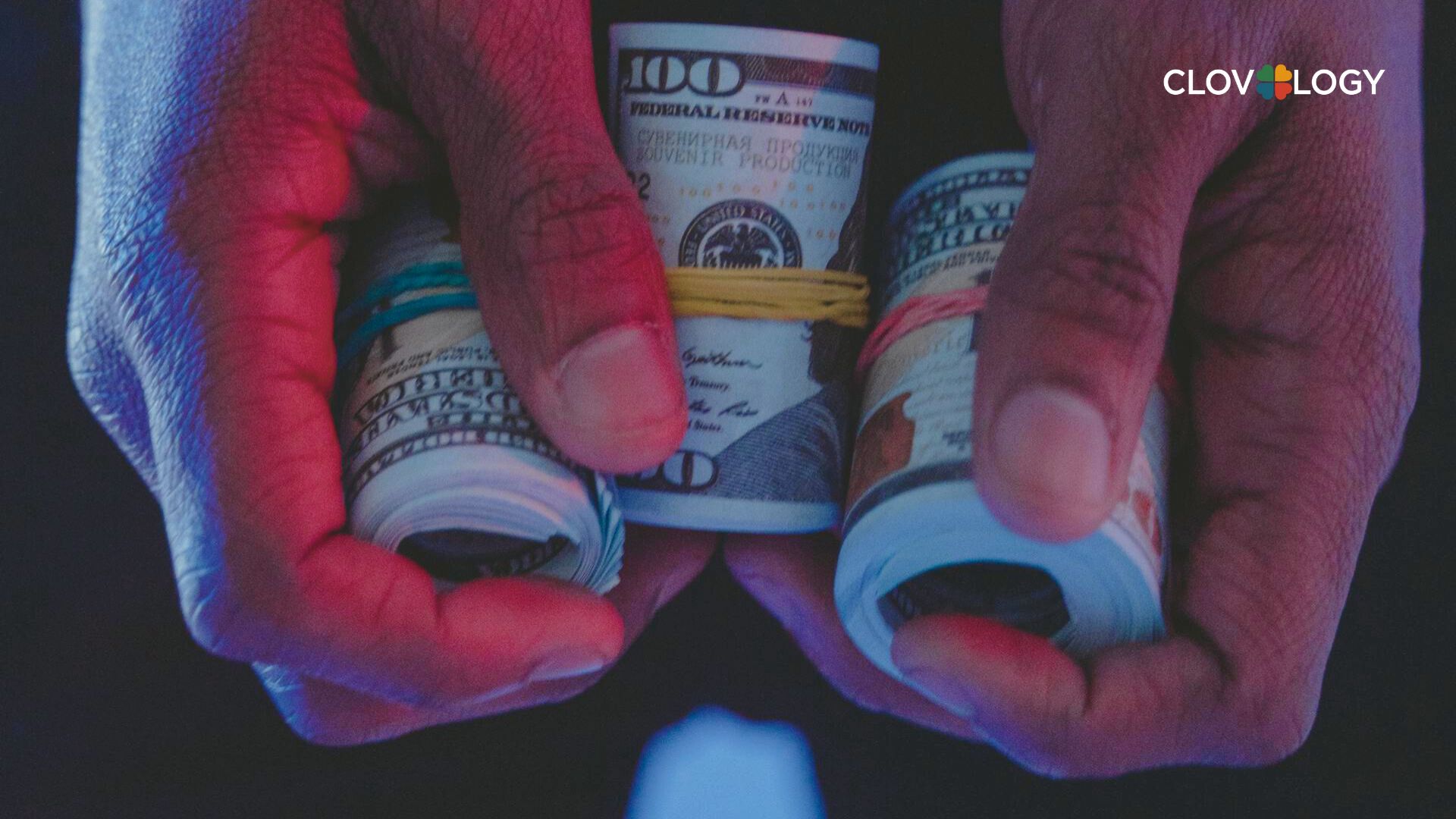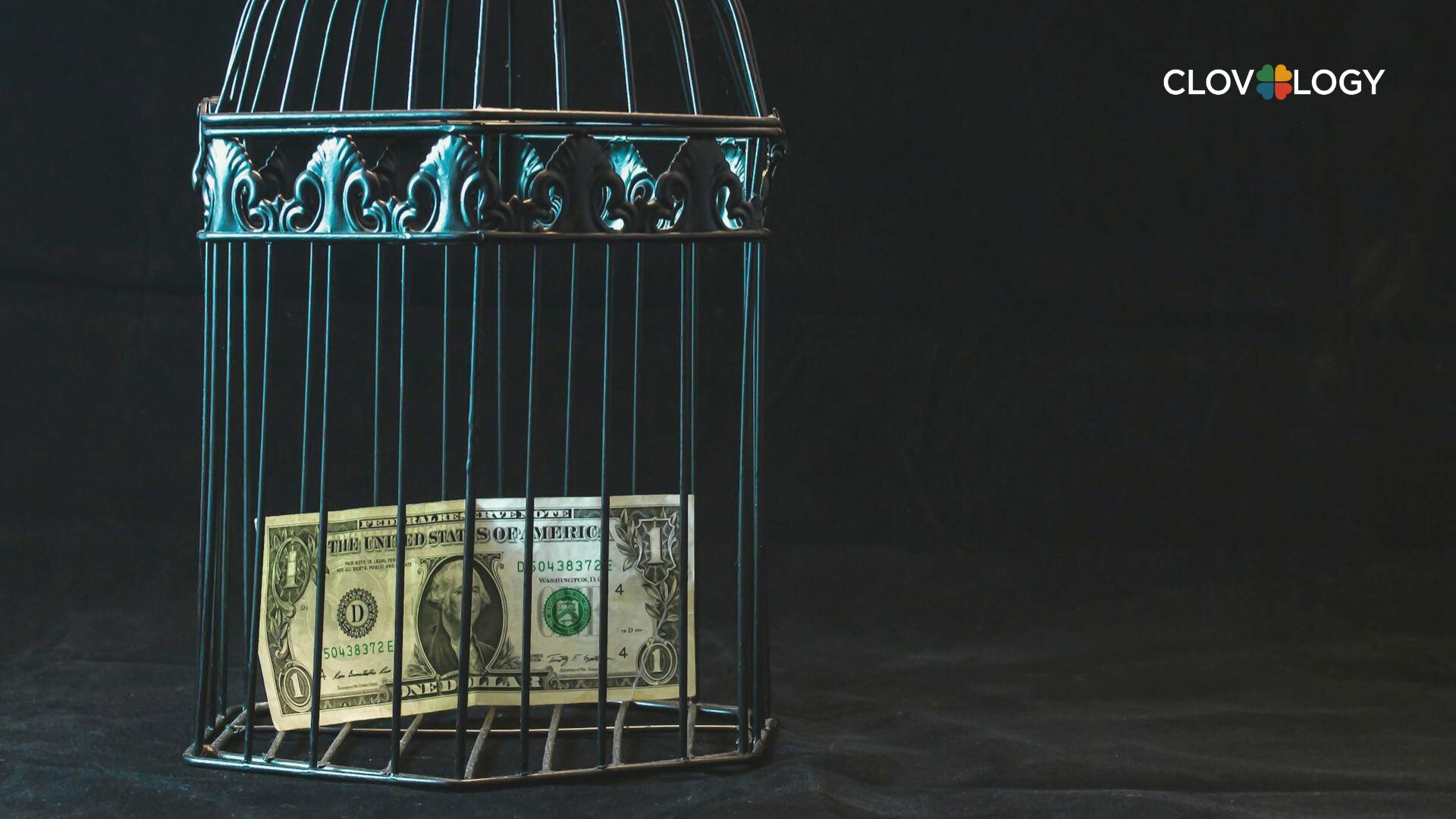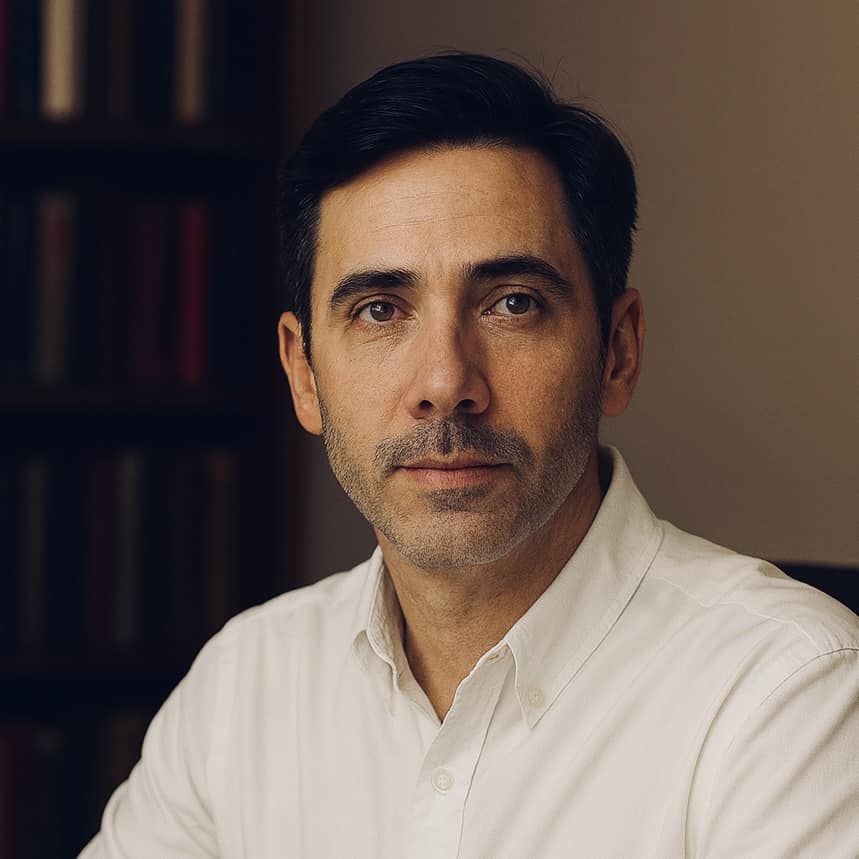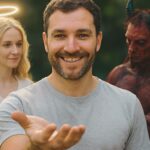Imagine an ordinary morning. You wake up when your body is rested, you brew coffee, you look at a blank slice of time and you decide what goes into it. There is no meeting you must attend because you fear missing rent, no client you must appease because you are trapped by a paycheck. You choose the work, the pace, the people, the place. You can keep doing that tomorrow, and next season, and during rough years too.
That repeating picture is the closest thing to financial freedom I know.
This essay offers a clear, human definition of financial freedom, then builds a way of thinking that helps you recognize it, move toward it, and protect it. It is not about chasing a magic number. It is about putting the person before the money, the values before the balance sheet, the choices before the noise.
The definition, plain and complete
Financial freedom is the durable capacity, in money and material resources, to keep your power of choice aligned with your values, without being forced to trade against them, while meeting the level of life you willingly choose.
Related reading, What is freedom?
Read that again, slowly. The definition carries four pillars.
1. Choice, not compulsion. Freedom is not the absence of work, it is the absence of coercion. You may work hard, you may even build more, yet you do it by choice, not because fear of money is driving you.
2. Values-first. Money is a tool, not a master. Financial freedom requires that money serves what you believe, not the other way around. If every big money decision quietly bends your principles, you might be richer, but you are not free.
3. Resilience across cycles. Freedom is not a snapshot of today, it is a film that runs through inflation, recessions, surprises, illness, caregiving, and market storms. If a mild shock can push you into choices that violate who you are, that was an illusion of freedom, not the real thing.
4. Personalization of the life you choose. There is no universal lifestyle setting. Some feel free at a minimalist level, some at a comfortable family level, some at an elevated level of experience and art, some at a level that funds meaningful work for others. Financial freedom respects that individuality. The anchor is willing choice, not social pressure.

These four pillars answer a common question that search engines love, what is financial freedom, and they protect the definition from two traps. The first trap is the spreadsheet trap, the belief that the right number alone grants liberty. The second trap is the vibe trap, the belief that freedom is a feeling that shows up when life finally calms down. It is neither. It is a capacity you build, then keep, so that your choices remain yours.
Wealth versus freedom, quantity versus quality
Wealth measures quantities, how much you own, how much you can spend. Freedom measures the quality of your choices. A person can be wealthy and trapped, with a calendar owned by other people, with identity tied to status games, with constant fear of losing a position. Another person can be modest in assets and very free, with a clear sense of enough, with time sovereignty, with the ability to decline what violates their code.
Wealth can buy options, and options support freedom, yet the exchange rate is not one to one. If each dollar arrives attached to obligations that bend your spine, you gained money and lost choice. Freedom is not what you have, it is what you can refuse.
Two faces of freedom, freedom from and freedom to
Philosophy points to two faces of liberty.
- Freedom from, freedom from hunger, debt spirals, desperate compromises, the pressure to say yes when every part of you says no.
- Freedom to, freedom to pursue meaningful work, to be present for your family, to study, to heal, to build, to serve.
A values-first definition of financial freedom embraces both. You are free from coercion by money, and you are free to live your values through your time.

The mindset of financial freedom
You do not need equations to understand this mindset. Four commitments will take you far.
1. Time sovereignty
Money buys things, financial freedom buys back your time. Ask a simple audit question, what percent of your week do you control. When that number rises, life quality rises. Deep dinners with family, unhurried walks, focused creative work, those require ownership of hours. Time sovereignty is the heartbeat of freedom.
2. Choice and risk
Freedom is the power to choose, risk is the cost of that power. People who are free do not avoid risk, they select it wisely. There are risks that expand your life, learning, building, trying. There are risks that shrink your life, cutting corners, betraying values, sacrificing health. Freedom grows when you accept the former and refuse the latter.
3. Cycle-resilience
Consider the worst years as part of the plan. Freedom that only survives sunshine is decoration. Think of it like a seawall. You build it before the storm, you maintain it when the sea is calm, you expect waves to test it. When the tide rises, you still hold your ground and your principles.
4. A lived sense of enough
Enough is not poverty, enough is the sweet spot where desire meets meaning. Without a clear sense of enough, there is no finish line, only moving goalposts. Enough is personal and honest. It keeps you from buying a bigger shell while starving the soul inside it. Enough builds a moral buffer, since temptations to sell out lose their pull when your life is already grounded.
Illusions to release
Clearing illusions is part of building freedom. Here are the most common ones I meet.
Illusion 1, freedom means doing nothing. Laziness is not liberty. Many financially free people choose to work, they create, they mentor, they serve. The difference is consent. The work aligns with their values and season of life.
Illusion 2, freedom means more money forever. More money increases options for a while, then the hidden costs rise, stress, complexity, maintenance, image. If the price tag is your integrity, the purchase is too expensive.
Illusion 3, freedom means zero risk. Zero risk means zero real options. The aim is not to hide from risk, it is to take the right risks with clear eyes.
Illusion 4, freedom is a future event. Freedom is a daily practice. Each purchase and project widens or narrows your options. The calendar is a statement of values in action.
Illusion 5, freedom is private. At the highest level, freedom includes relationships and contribution. A free life tends to spill value into the lives of others.
A tale of two paths
Person A earns a high income, keeps a status, and lives a calendar owned by other people. Enough moves away each year. They outsource presence, they pay for speed and spectacle, they fear losing position. Options shrink because identity is rented from the crowd.
Person B earns a decent income, understands enough, and builds hours they own. They invest in health, in learning, in family time. They turn down offers that do not fit. They may not be rich by headlines, yet they walk with a calm center. Options expand because identity is rooted in values.
The visible difference is money. The invisible difference is ownership of choices. Freedom lives in the second layer.
Why values sit at the core
Picture a tempting project that contradicts what you believe. The money would feel good, the story would impress others, the pressure says take it. Financial freedom, as I define it, gives you the margin and the courage to say no. Not because you are reckless, but because you are committed to a life that does not force you to trade away your code.
Money can purchase quiet, it cannot purchase a quiet conscience. This is why values measure belongs inside the definition, not as a footnote. Without it, you risk optimizing a spreadsheet and losing yourself in the process.
The inner journey, from victim to agent
There is a subtle shift that marks real progress, a change in the questions you ask.
- From How much do I make, to What can I choose with what I have.
- From What does the world expect, to What standard of living expresses my values.
- From I never have enough, to I know enough and I am grateful.
- From I will be free when the number is big, to I practice freedom today by guarding my calendar and my code.
You do not need a certificate to confirm the shift. It shows up in your no. No to easy money that eats your soul. No to a schedule so full that it erases your face. It shows up in your yes. Yes to reading with your child. Yes to that class you keep postponing. Yes to a small project that helps someone, even if it never trends.
Enough, a compass that points out and in
Without enough, you run a race with no tape at the end. Write your version. What is enough for body, mind, spirit, and relationships. When your enough is clear, you rewrite your calendar. You subtract the hollow, you add what has a pulse.
Enough points outward. You learn which purchases actually enrich the day, and which only grow the costume. Enough points inward. You refuse any deal that buys anxiety at the price of integrity. That clarity is the secret weapon of financial freedom, it filters decisions before the world pressures you.
A practical test without numbers
You can sense freedom by feel, even before you count anything. Ask yourself, and answer honestly.
- Values, does this money decision strengthen or erode what I stand for.
- Time, how many hours this week do I truly control, if the answer is small, what is holding the leash.
- Resilience, would this choice still stand if my industry wobbled, if the market fell, if someone I love needed care.
- Enough, am I upgrading life or only upgrading the wrapper.
- Relationships, will this decision deepen or thin the bonds that keep me human.
- Contribution, if my name disappears, does the value of this action remain.
You do not need a calculator for those. You need courage. That courage is a core asset on the path to financial freedom.

Financial independence versus financial freedom
People often ask, is financial freedom the same as financial independence. The terms are close cousins. In popular use, independence focuses on assets and cash flow, the math that covers your living costs without relying on a traditional job. My definition of freedom includes the math, yet it makes two additions. First, the values guardrail, you do not trade against your code to keep the math alive. Second, cycle-resilience, your capacity persists during hard seasons.
A person can hit an independence number and still feel caged. A person can fall short of the letter of independence and still taste real freedom because they own their time and choices. The sweet spot, of course, is both.
Do you need to retire early to be financially free
No. Financial freedom means work becomes a choice, not an order. You can keep working, you can change fields, you can start something new, you can take a season to rest or study, you can volunteer. The center of gravity shifts from have to toward want to. For many, that shift is more meaningful than any announcement about retirement.
The ethics of a free life
When you remove money as the main whip in decision-making, your ethics have room to breathe. You protect the people you love because you are not always elsewhere. You protect your craft because you do not have to ship what you cannot stand behind. You protect your community because you can give attention, not just donations. You become a better steward of resources, including your own attention.
Ethical living is not an accessory to financial freedom, it is part of the structure. A free life is not a withdrawal from the world, it is a return to the world with a stronger spine.

A friendly FAQ for readers and searchers
These brief answers help both the curious reader and the person who just typed what is financial freedom into a search box.
What is financial freedom?
It is the durable capacity, in money and material resources, to keep your power of choice aligned with your values, without being forced to trade against them, while meeting the level of life you willingly choose.
Is financial freedom only about money?
No. Money supports options, options support freedom. Yet freedom lives in values, time, and resilience. Without those, money can trap you.
Is financial freedom the same as financial independence?
They overlap. Independence is often defined by cash flow and assets, freedom by values-aligned choice and time sovereignty that hold up across cycles. In practice, build both.
Do I have to retire early?
No. You may keep working because you choose to, not because fear of money orders you to.
How do I know I am getting closer?
Fear of shortage shrinks, your ability to say no to misaligned offers rises, the quality of your time improves, your closest relationships get thicker, your mind quiets during outside volatility.
Why do values matter in this definition?
Because money is a tool. If the tool begins to command your choices against your code, you are not free. Values keep money in its place.
What role does enough play?
Enough sets a humane finish line. It clarifies spending, protects attention, and weakens the false promises that steal your calendar.
What is the fastest way to start practicing freedom today?
Decide a small no you will honor this week, a misaligned task you will refuse. Decide a small yes you will honor this week, a value-aligned action you will take. Protect an hour that belongs to you, then guard it. Freedom grows by practice.
A closing invitation
There is no magic number in this essay. There is a way to live. Each day you choose, the right hard no, the right brave yes. You remove what hollows you, you add what carries a pulse. You do not abandon the world, you walk inside it without selling yourself piece by piece.
One day, you will notice you are free without announcing it. You will pass on a lucrative deal that contradicts your principles. You will read with your child in the afternoon sun. You will say yes to a patient project that helps someone, even if it never trends. You will sleep well, not because your account is large, but because your choices did not cost you your conscience.
Start with a simple question. What is enough for me, so that I do not have to trade against myself. When that answer becomes clear, money decisions will line up behind your values. One step at a time, you will build a life with true choice. In that life, money serves freedom, and freedom never takes orders from money.
Author, D. Clover
A personal note, This definition is an invitation, not a verdict. Keep what helps you live with clarity, courage, and quiet joy.












